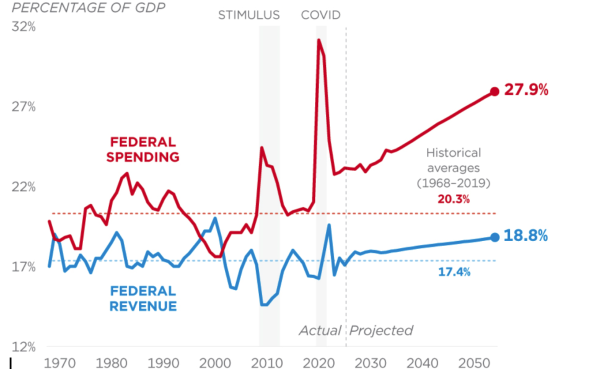Students Analyze GOP Debate, Excited for More
“Trump won, women lost. That sums it up.”
On Aug. 7th, 2015, the 16 diverse Republican Party presidential candidates took the Fox News-hosted stage for the highest rated primary debate in television history, drawing a record breaking 24 million viewers, according to a CNN report.
With the Republican Party’s strengthened emphasis on “outsiders,” or people not previously involved in politics, the door widens for more interesting, unorthodox candidates.
“Whoever wins is going to have to be mad at the current government, on fire.” said junior and Young Conservative Bradley Jones, “People like Mark Huckabee and Rubio are qualified, but they don’t have the same fire as outsiders.” Jones explained that their previous detachment from politics is the reason that neurosurgeon Ben Carson and former business executive Carly Fiorina have gained popularity through the debates. Most notably, however, is Donald Trump, a multi-billionaire and businessman.
“[He is] a true wild card,” said freshman Mikaela Sanders.
“[Trump’s] campaign is just a way to gain popularity,” Jones said. He believes that the debate Trump valued his own status more than the good of the people, and after Trump’s self-proclaimed disloyalty to the Republican Party during the debate, he was further reassured that Trump is bad news.
On the other hand, senior Young Democrat president Katie McGahan explained that despite his intentions with winning the race or specific policies, Trump performed in a brash manner that should be criticized.
“The point of his campaign is to push people around, and people like that even though I don’t think that is the best quality in a president, people like a candidate that will say what’s on his mind,” said McGahan. However, Katie continues to explain that much of what is on Donald Trump’s mind are stereotypes that cause unnecessary offense to groups that makeup a large portion of the electorate. For example, Trump made comments about Fox reporter Meghan Kelly.
“Trump won, women lost. That sums it up,” McGahan said.
In addition to a disrespectful performance, Trump also controlled the debate, senior president of the Libertarian Society Alex Bean explained.
“He definitely trumped the debate, but for the wrong reasons.” Bean said. “Trump didn’t trump the debate in the fact that he was convincing more people. He just talked the most and got people upset the most.”
Bean thought that with his vociferous, bold nature, Trump prevented others from presenting their ideas.
“Someone I really like is Rand Paul,” Bean said. Bean thinks that Rand Paul has better ideas and more effective policies than many of the other candidates in the race, but was silenced during the debate due to the louder and assertive nature of front-runner Donald Trump.
Among those muted by Trump during the debate were Jeb Bush and Ben Carson.
“Jeb Bush definitely underperformed,” freshman Victoria Flowers said. “He needs to come out stronger to avoid losing to Trump.”
Some think that that even with strong presences, the debates are still great opportunities for runners.
“The debates are a good way for less popular candidates to express their thoughts and get more recognition,” said freshman Kate Carson.
Some lesser-known candidates capitalized on the chance to speak and attracted the attention and approval of more voters. According to McGahan, John Kasich was among the few that really benefitted from the debate.
“I don’t really agree with everything that Kasich is saying but for what he was trying to get across, I think he did a really good job,” said McGahan. Kasich has some of the same ideas as Donald Trump, McGahan explained, but his methods of expressing them were more courteous and rational. By doing this, he conquered one of the biggest challenges the candidates had when they got the chance to speak: communicating their ideas to the electorate effectively but with respect.
“Kasich also better balanced the idea of political correctness and speaking one’s mind,” said McGahan. He opposes increased immigration, but does not want to build a wall between the United States and Mexico, and unlike Trump in earlier situations, avoided giving Mexicans inappropriate titles.
With the presence of Trump and a large number of candidates running, Westminster students and faculty disagree on whether the debates should even be watched. History teacher Joe Tribble declined an interview, explaining that he does not watch the debates and never will, whereas many seniors watch the debates to learn.
“I’m watching [the GOP debates] because I just started a Current Events club at Westminster,” McGahan said. “But more importantly, I will continue to watch the debates because I am still open to many new ideas and want to learn what I can before I vote in the upcoming election!”





